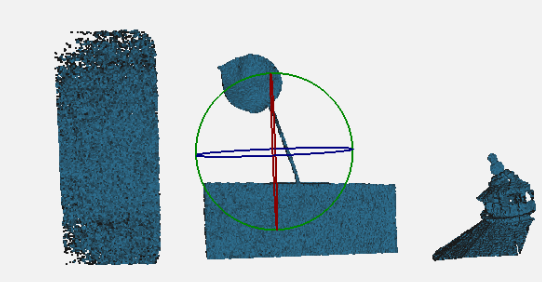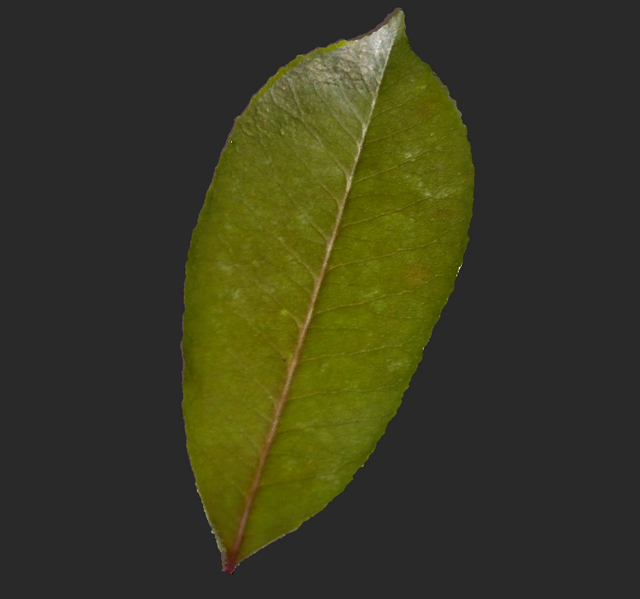With the advancement of technology, plant growth monitoring is no longer limited to traditional manual measurement methods. Today, 3D scanners, as an innovative tool, have begun to be widely used in the agricultural field, especially in plant growth monitoring. Through high-precision data capture, 3D scanners provide a more comprehensive and detailed means of observing plant growth.
Accurately capture plant growth details
Compared with traditional measurement methods, 3D scanners can more accurately capture the shape, size and structural changes of plants. Researchers can use the generated three-dimensional models to analyze key parameters such as plant height, leaf shape and size, and stem thickness in detail. This accuracy not only improves the accuracy of data, but also shortens measurement time, making scientific research and agricultural management more efficient.

Dynamic monitoring of plant growth process
3D scanners allow researchers to scan the same plant regularly to generate growth data for multiple periods. This dynamic monitoring can intuitively show the changes in plants at different growth stages, such as leaf expansion and stem thickening, and can even capture early signs of pests and diseases, helping farmers take countermeasures as soon as possible. Through this precise monitoring, growers can better adjust fertilization, irrigation and pest control strategies to increase crop yields.

Non-contact and safe measurement method
The growth process of plants is very fragile. Traditional measurement methods usually require contact with plants, which can easily cause damage. The non-contact operation of 3D scanners greatly reduces interference with plants, especially for plants that are easily affected by the external environment. Through remote scanning, researchers can quickly obtain comprehensive data without destroying plants, ensuring that plants grow in the most natural environment.
Provide support for plant breeding and genetic improvement
Through 3D scanning technology, researchers can also better analyze the growth performance of different varieties of plants under various conditions. This is of great significance for plant breeding and genetic improvement. Scientists can use scanning data to screen out plant varieties with excellent characteristics, and then optimize breeding strategies to improve crop disease resistance and yield.
Recommended cost-effective 3D scanners: https://www.revopoint3d.com/collections/3d-scanners